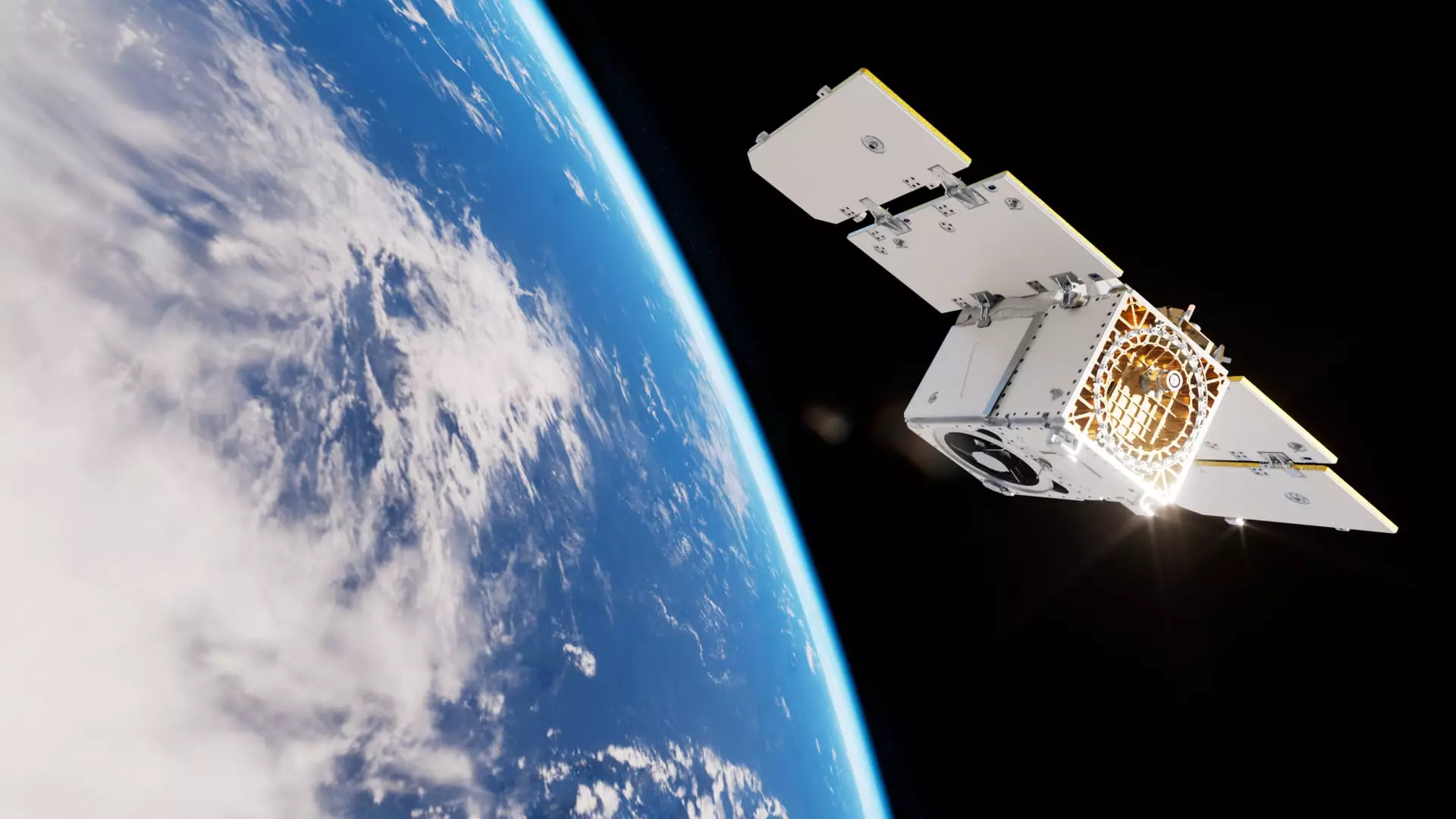In a significant development for the satellite imagery and data analysis sector, Planet has recently secured a monumental $230 million contract that positions the company firmly in the realm of custom satellite services. Announced on a Wednesday, this deal not only marks the largest in Planet’s history but also sets the stage for further advancements with its next-generation Pelican satellites. CEO Will Marshall characterized this milestone as a pivotal moment for the company, reflecting a shift towards a more service-oriented business model aimed at meeting specific client needs in the Asia-Pacific region.
Details of the Contract and the Pelican Satellites
The contract entails the construction of Pelican satellites for a yet-to-be-disclosed anchor customer located in the Asia-Pacific area. The agreement is structured to span “a couple of years” for the construction phase, followed by five years of active operation. Marshall emphasized that the customer would gain dedicated access to the satellites targeting their geographic area of interest while Planet retains the rights to license data acquired globally. Such arrangements signify not only a tailored approach to satellite services but also a potential avenue for recurring revenue.
The Pelican satellites are designed to replace the earlier SkySat satellites, enhancing Planet’s capabilities with high-powered technology, including an artificial intelligence platform developed by Nvidia. Launched in early 2023, the Pelican-2 satellite is already operational, showcasing the technological leaps Planet has made since acquiring SkySat. The overarching plan involves deploying a constellation of up to 32 Pelican satellites, which positions Planet as a formidable player in the satellite marketplace.
Financially, the contract with the unnamed customer does not modify Planet’s existing financial forecasts for the fourth quarter of fiscal 2025. Nevertheless, the benefits from this deal are expected to emerge in fiscal 2026, as revenue tied to the satellite construction and operational services will be recognized over an estimated seven-year period. Following the announcement, Planet’s shares experienced a notable uptick, illustrating investor optimism about the contract’s long-term implications, despite the stock fluctuating post-announcement.
The broader context of this financial maneuver is significant, as Planet has navigated a turbulent market landscape since going public in 2021 through a Special Purpose Acquisition Company (SPAC). The company’s stock initially suffered amid revenue shortfalls and workforce reductions but has shown resilience with a doubling of its share value over the past year, reflecting renewed investor confidence.
Marshall noted that the Pelican contract signifies Planet’s entry into the customized satellite services market. This strategic shift allows Planet to leverage its technological systems in versatile configurations catered specifically to clients. Prior attempts to penetrate this market included the Tanager satellite product line, which established a precedent for customized solutions targeting entities like the nonprofit group Carbon Mapper.
The relationship with longstanding clients underscores a foundation of trust built on years of collaboration. According to Marshall, clients are well-versed in Planet’s existing satellite capabilities and its ability to provide reliable operational data, which significantly reduces the barriers to adopting their new, custom solutions.
Planet’s recent major contract signifies more than just a financial boost; it encapsulates the company’s strategic pivot toward customizable satellite services while advancing technological innovation through its Pelican satellite line. As Planet continues to expand its capabilities and develop robust partnerships, this pivotal moment may herald a new chapter in its operational strategy and market positioning. By aligning its advanced technology with a growing demand for satellite services, Planet appears poised for sustained growth and an increasingly influential role within the global space industry.

